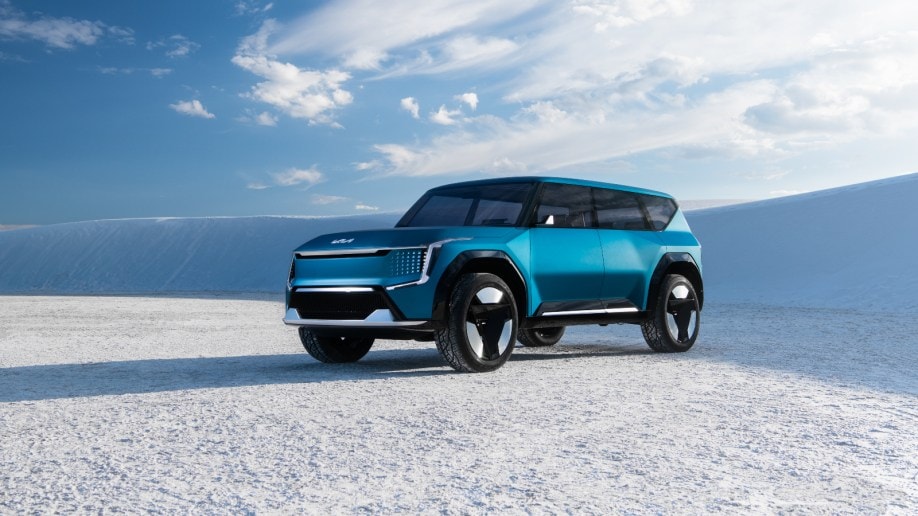Biao Teng GM: Insights & Trends
Explore the latest insights and trends in general news and information.
Charging Into the Future: Why Your Next Car Should Be Electric
Discover the amazing benefits of electric cars! Charge into the future and find out why your next ride should be electric.
The Environmental Benefits of Driving Electric: What You Need to Know
Driving electric vehicles (EVs) offers significant environmental benefits that contribute to a more sustainable future. One of the most notable advantages is the reduction in greenhouse gas emissions. Traditional gasoline-powered vehicles emit a substantial amount of carbon dioxide (CO2) and other pollutants, which contribute to climate change. In contrast, electric vehicles produce zero tailpipe emissions, significantly lowering the overall carbon footprint. Furthermore, when charged with renewable energy sources such as solar or wind power, the environmental impact of EVs is further minimized.
In addition to reducing emissions, electric cars also promote air quality improvement. The reduction in vehicle emissions leads to less smog, which can have a direct positive effect on public health. According to studies, transitioning to electric transportation can reduce harmful pollutants like nitrogen oxides and particulate matter, resulting in fewer respiratory diseases and health complications. As cities adopt more electric vehicles, the collective impact on urban air quality becomes increasingly beneficial, promoting healthier environments for everyone.

Understanding Electric Vehicle Incentives: Save Money While Going Green
As the world shifts towards sustainable transportation, understanding electric vehicle incentives becomes imperative for both consumers and the environment. Governments worldwide offer various incentives to encourage the adoption of electric vehicles, ranging from tax credits to rebates and grants. These programs not only make EVs more affordable but also contribute to reducing carbon emissions. For instance, some regions provide up to $7,500 in federal tax credits for eligible electric vehicle purchases, significantly lowering the initial cost. Additionally, many states offer local incentives, such as discounted registration fees and access to carpool lanes, which further enhance the savings for EV owners.
In addition to direct financial benefits, electric vehicle incentives often include perks that make the driving experience more enjoyable. Some cities have implemented free charging stations in public areas, allowing EV owners to recharge their vehicles without additional expenses. Furthermore, many electric vehicle manufacturers offer exclusive benefits like extended warranties and complimentary maintenance services, which can further sweeten the deal. By taking full advantage of these incentives, consumers not only save money but also actively participate in the movement towards a greener, more sustainable future. Understanding and utilizing these incentives is crucial for maximizing savings while reducing your carbon footprint.
Is an Electric Car Right for You? Key Considerations Before Making the Switch
Deciding whether an electric car is right for you involves several key considerations. First and foremost, assess your daily driving habits. If you typically drive short distances, the limited range of most electric vehicles (EVs) may not be a significant drawback. However, if you frequently embark on long road trips, it’s essential to consider the availability of charging stations along your routes. Cost of ownership is another crucial factor; while electric vehicles often have a higher upfront price, they typically offer lower operating costs due to reduced fuel expenses and maintenance requirements.
Another important aspect to consider is your local infrastructure. Are there ample charging stations near your home or workplace? Some regions provide incentives, such as rebates or tax credits, for electric car purchases, which can ease the transition. Keep in mind that the environmental impact of EVs also plays a significant role in this decision. Electric cars produce zero tailpipe emissions, making them a more sustainable choice compared to traditional gasoline-powered vehicles. Ultimately, weighing these factors can help you determine if making the switch to an electric car aligns with your lifestyle and values.